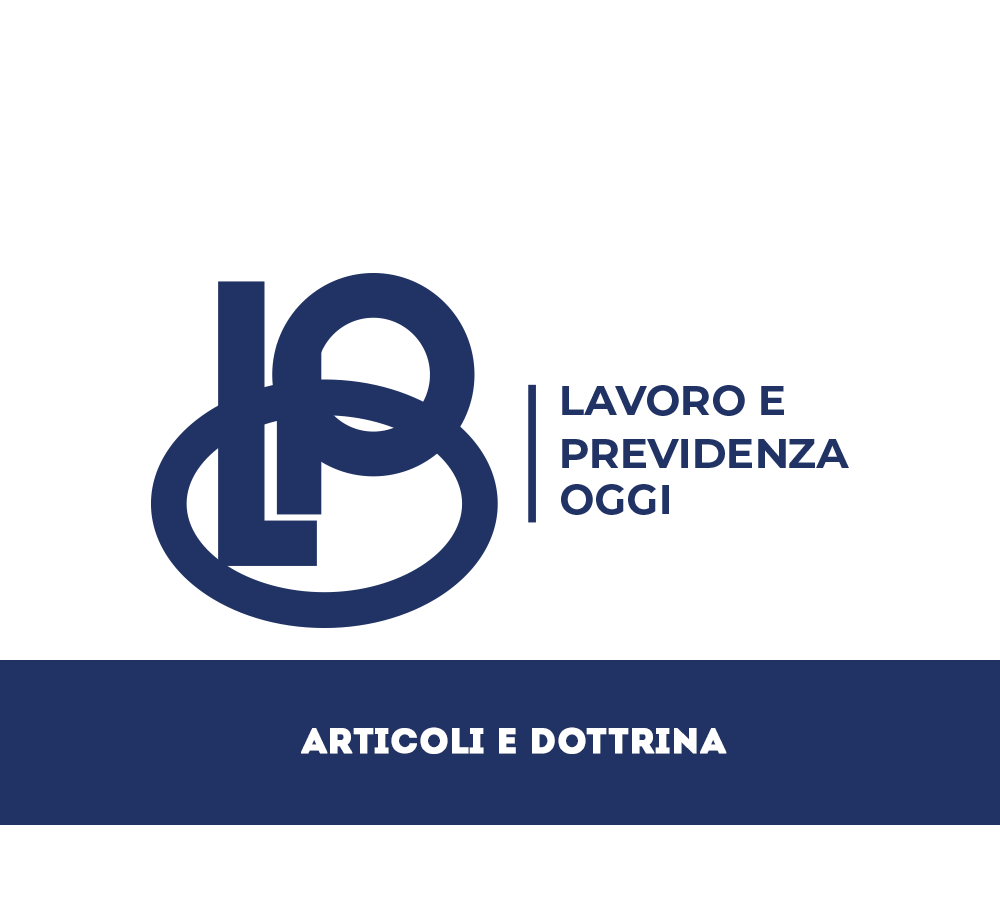Inapplicabilità del principio di automaticità delle prestazioni agli iscritti alla gestione separata dell’INPS

di Stefano Dal Maso
Abstract
In recenti pronunce la Corte di Cassazione ha statuito che per gli iscritti alla gestione separata dell’INPS non vale il principio della automaticità delle prestazioni di cui all’art. 2116, comma 1, c.c., in quanto la natura del rapporto di lavoro permane autonoma, con la conseguenza che l’onere contributivo grava interamente sul collaboratore. Resta pertanto irrilevante che l’art. 1 del D.M. n. 281 del 1996, abbia posto a carico dei committenti l’obbligo di versamento dei contributi, trattandosi soltanto di una forma di delegazione legale di pagamento, diretta a semplificare la riscossione, che non muta i soggetti passivi dell’obbligazione contributiva. Alla luce di tale orientamento, si evidenza come permangano all’interno del sistema previdenziale alcune criticità e distonie che meritano di essere armonizzate e corrette.
In recent pronouncements, the Court of Cassation has ruled that for those enrolled in the separate management scheme of the INPS, the principle of the automaticity of benefits set forth in Article 2116, c. 1 of the Civil Code does not apply, since the nature of the employment relationship remains autonomous, with the result that the burden of contributions rests entirely on the employee. It therefore remains irrelevant that Article 1 of Ministerial Decree No. 281 of 1996 placed the obligation to pay contributions at the expense of the principals, since it is merely a form of legal delegation of payment, aimed at simplifying collection, which does not change the persons liable for the obligation to pay contributions. In light of this orientation, it is evident that there remain within the social security system certain critical aspects and distortions that deserve to be harmonised and corrected.

